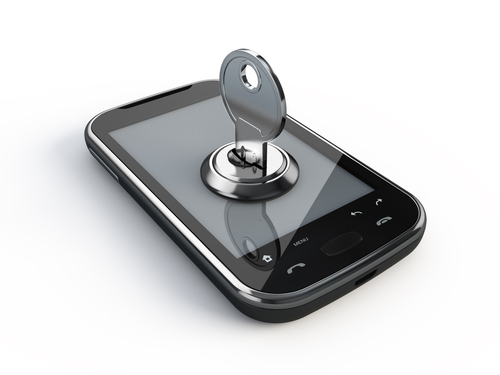

Ofcom has published a guide for consumers wanting to get their mobile phones unlocked, revealing that Three is the only major UK operator to sell all of its handsets unlocked, a practice it has employed since 1 December 2013.
Most operators will unlock a mobile phone, but the six biggest networks have different conditions and fees, with the time require to unlock a handset varying from 72 hours to 28 days. However most take up to ten calendar days if the operator needs to get an unlock code from the manufacturer. All networks will unlock a phone once a contract has ended.
The device’s IMEI must not be blacklisted, i.e. not be reported as lost or stolen, and there can be no outstanding balance on any contract. The fee is taken either from a user’s credit or added to their monthly bill, and EE says the process will take up to ten days.
O2 will unlock a PAYG handset for free if it was activated more than 12 months ago, otherwise there is a £15 charge. Pay-monthly devices can be unlocked at any time, with business customers able to ask their employees to complete the process, which should also take ten days.
Vodafone lets users free their PAYG phone for £19.99 at any time, while pay monthly customers can pay the same fee after three months, with the charges waived after 12 months. The operator says it aims to get back in touch with customers within 48 hours, but warns it could take seven to ten days.
Virgin Media lets users unlock their devices for £15.32 at any time, but this could take the longest of any operator at 32 days – although the Liberty Global-owned firm doesn’t lock its pay monthly phones as standard any more.
The only operator to offer an online form for the unlocking process is Tesco Mobile, which lets its customers unlock their handset at any time, but imposes a £20 fee if a unit was activated or a contract was signed less than 12 months ago. This takes up to 28 days.
For any Three user who still has an unlocked device, they can contact the operator to resolve the situation within seven days.
“We want our customers to have the best mobile experience. Unlocked phones give consumers a choice about how they use their handset,” says Danny Dixon, Three director of customer strategy. “We’d rather focus on making the services we offer attractive and useful rather than limiting what our customers can do with their phones.”
It’a also worth pointing out that a number of MVNOs that are not included in the Ofcom report, including Giffgaff, also offer unlocked handsets as standard.
Ofcom hopes its advice will assist consumers in unlocking devices which they have paid for, however consumer rights group Which? wants mobile operators to go one step further and proactively contact customers near the end of their contract and automatically unlock handsets when the agreement has ended.
It says the current arrangement where customers have to approach their operator to unlock their device discourages them from switching operator. Which? also wants PAYG phones to be sold unlocked as standard.
Last year, the US government stated that phone unlocking in the country should be legal and that consumers should be free to switch their devices to any mobile operator of their choice.
What do you know about British mobile network operators? Take our quiz!
Denial from TSMC, after multiple reports it was in talks with Intel over a joint…
CEO Tim Cook talks to Trump official, as IDC notes China's smartphone market growth, and…
Another big name chip maker expects a hefty financial charge, after the US tightened rules…
More bad news for Google. Second time in less than a year that some part…
Federal office that tackled misinformation and disinformation from hostile nations is closed down, after criticism…
After Nvidia admits it will take $5.5 billion charge as Trump export limits of slower…